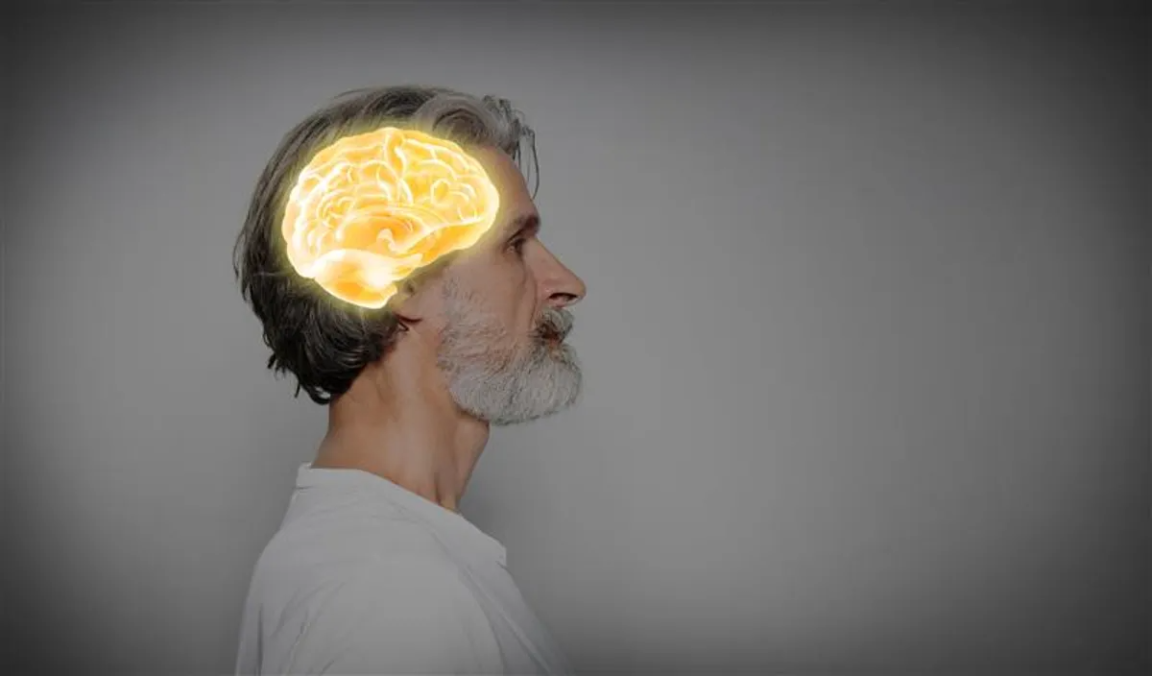The main psychoactive component of cannabis, low-dose tetrahydrocannabinol (THC), may have an overall anti-aging impact, according to researchers, particularly in the brain.
Though this study concentrated on mice, the researchers anticipate the findings will provide the ground for human treatments of age-related cognitive impairment.
Often a result of the aging process is cognitive decline. Though several elements can lead to it, one crucial one is the degradation of brain cells and their connections.
This mechanism may be connected to the endocannabinoid system (ECS), which governs and regulates many of our body’s important activities like learning, memory, emotional processing, sleep, pain management, and more.
Particularly, earlier studies have indicated that brain aging may be related to the type-1 cannabinoid receptor (CB1), a main component of the ECS and plentiful in the brain.
Mouse studies have revealed that deletion of CB1 might cause increased symptoms of neuroinflammation as well as worsened age-related deficiencies in learning, memory, and neuron survival.




